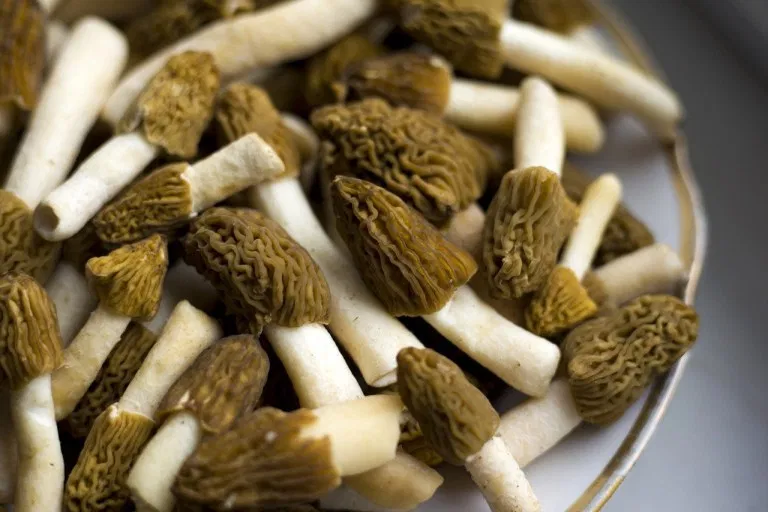S
he extended her flat, spore-stained palm to him, sample balanced upright.
He took it from her delicately, so as to do no harm. His skin was pink, his having just finished scrubbing hands and forearms when she entered the kitchen’s back door.
The sample she offered was conical, with ridged flesh in a honeycomb pattern, not unlike a small, black pinecone. He held it to his nose, consuming its earthy, nutty scent.
It was a beautiful specimen of the pounds of burn morels she’d brought down from Chico in her dead parents’ Jeep. A bumper crop, the best she’d ever had. Her money-maker season.
“Brilliant,” he said. “This is why I do what I do.”
You couldn’t farm this mushroom. You had to hunt it. The burn morel was the phoenix of fungi, rising only in the ashes of coniferous trees. Nobody’d figured out how to commercially replicate its required conditions—high elevation, April rains and forest fire in the previous season. This left a gap in the economic ecosystem, a hatch through which she’d climbed. She was a mushroom huntress, deliverer of luxury, recipient of money. She was doing all right.
He was her fourth chef of the day. She knew she wouldn’t have to sell him. All of them had gushed over her delivery, describing their plans orgiastically: morels charred, stuffed with lamb, sprinkled with a symbolic dusting of allium ash and activated charcoal; morels paired with green asparagus, vin jaune, and smoked trout roe; morels converted to duxelle sauce for beef tartare with pickled garlic and cured egg yolk.
The sound of it all made her sick.
But these were good customers, the best—she was the envy of the other foragers—and her April crop would pay rent for months.
“You know, this is really an homage to the victims, to the land,” he said, appearing to sense her discomfort. “How are you getting along? How are your people?”
“We’re fine,” she said. “We’ve got beds.”
In fact she had her own apartment now, clean and safe. She’d done all right.
But not her sisters. Sue and her kids were sleeping on the floor between couch and television in her in-laws’ den. Laura had no job because the bakery where she’d worked was gone. Linda had quit her job as grade school principal because she couldn’t afford to live where she worked—companies were charging carpet-bagging rates for the people who wanted to rebuild. Contractors and realtors were making a killing in Paradise.
And then, of course, there were her parents.
But not her. She had work and a bed and this bumper crop. She’d done all right.
It was a mystery, the way this genus seemed to like the burn, feeding on food made by the death of their host trees, seizing the moment of abundant destruction and few competitors. They thrived without human help or interference, the successful fruiting of an underlying organism that remained invisible. This was something she understood.

